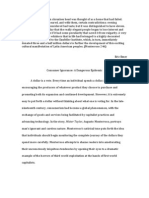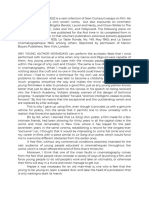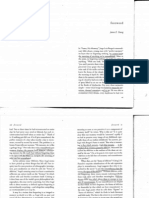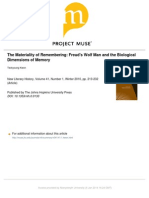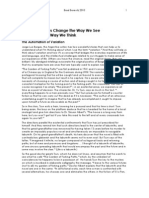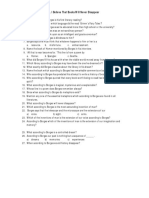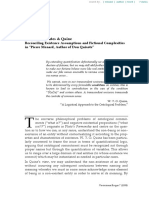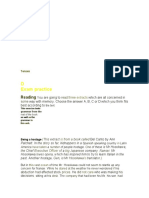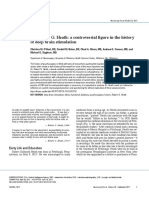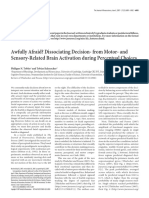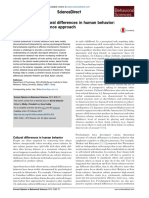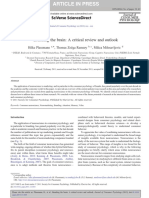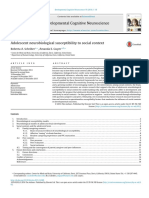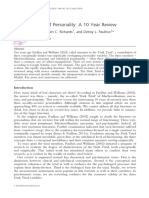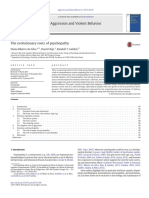100% found this document useful (1 vote)
213 views4 pagesBorges and Memory
Borges and memory
Uploaded by
AvengingBrainCopyright
© © All Rights Reserved
We take content rights seriously. If you suspect this is your content, claim it here.
Available Formats
Download as PDF, TXT or read online on Scribd
100% found this document useful (1 vote)
213 views4 pagesBorges and Memory
Borges and memory
Uploaded by
AvengingBrainCopyright
© © All Rights Reserved
We take content rights seriously. If you suspect this is your content, claim it here.
Available Formats
Download as PDF, TXT or read online on Scribd
/ 4
